i'm sorry to just cut and paste from my blog, but i thought this might interest y'all...
***
I spent a long, hot Saturday helping my friend Mark transform his front yard into an edible landscape. We have something like a labor cooperative -- everyone shows up for a few hours on a weekend, and pitches in on a project. Company makes the drudgery into a pleasure.
We had some help from Tony, who started it off with a few layers of newspaper to defeat the St. Augustine. Tony minces. The girls have no idea what to make of it.
Then a thick layer of pine bark nuggets in the sunniest part of the yard, for a small fruit grove.
On the east side of the yard, which gets just a bit less harsh Florida afternoon sun, we put a yard of mushroom compost.
A civilized break. Guava pastries, espresso, and lots of cold beer.
We also put up a fence to give the yard some structure. In the grove, we planted Persian Lime, Meyer Lemon, Red Dragonfruit, and a Dwarf Cavendish banana... oh, and some dwarf, weeping mulberries.
Mark loves Caribbean cuisine, so we put in my idea of an island summer garden: Sweet potatoes, lots of hot peppers (Tabasco, Habanero), Sun Gold tomato, some Okinawan Spinach (not very Caribbean, of course, but we needed some greens!), basil, oregano and cassava. It'll take a few weeks to fill in, but with all the sun and water, things will be overgrown by mid-July.
I'm most excited by the Dragonfruit, which I've never grown myself. We got it at Edible Nursery in Daytona, which has a pretty good selection of fruits for our zone.
Since Mark's property is on a hill, the fence took a lot of time to get right. The three of us spent about eight sweaty hours digging holes, cutting posts, spreading mulch and compost, and cleaning up.
This is just the beginning. Mark's yard get a LOT of sun, with west and south exposure. There's a perfect spot for a big avocado tree, and plenty of space for a bit more citrus, a peach tree or two, and maybe a tropical apple or two. We need to add okra and crowder peas to his summer garden.
Mark was inspired at least in part by an article by Michael Pollan in the "Green Issue" of the New York Times Magazine a few weeks ago. Faced with the seemingly overwhelming challenges, and frankly the apocalyptic possibilities, of global climate change, Pollan asks "Why bother?" When the problems are so big, can individual action really make a difference? Isn't it like blaming the flood on the guy who pissed in the river upstream? Pollan makes a great argument, one that derives much of its worth from something Wendell Berry said about four decades ago in a book I dearly love (and one of the reasons I garden now):
And they have seen that these public absurdities are, and can be, co more than the aggregate result of private absurdities; the corruption of community has its source in the corruption of character. ... Once our personal connection to what is wrong becomes clear, then we have to choose: we can go on as before, recognizing our dishonesty and living with it the best we can, or we can begin the effort to change the way we think and live.There is something so sensible, so logical -- but at the same time, so humane and patient in the way that Berry writes. We must "begin the effort to change."
Pollan claims that we should bother, we must do something, that our individual choices and stances can ramify through culture -- he cites the example of Vaclev Havel and Adam Michnik, who decided during the deep funk of communism in Eastern Europe, to just act as if they were free. Their personal example "created a tiny space of liberty that, in time, expanded to take in, and then help take down, the whole of the Eastern bloc." It's a bit of an overstatement, but there's truth in it.
But the act I want to talk about is growing some even just a little  of your own food. Rip out your lawn, if you have one, and if you donÂt  if you live in a high-rise, or have a yard shrouded in shade  look into getting a plot in a community garden. Measured against the Problem We Face, planting a garden sounds pretty benign, I know, but in fact itÂs one of the most powerful things an individual can do  to reduce your carbon footprint, sure, but more important, to reduce your sense of dependence and dividedness: to change the cheap-energy mind.We must "begin the effort to change" somewhere, and where better than in our own front yards?
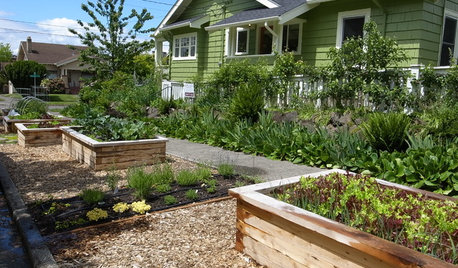

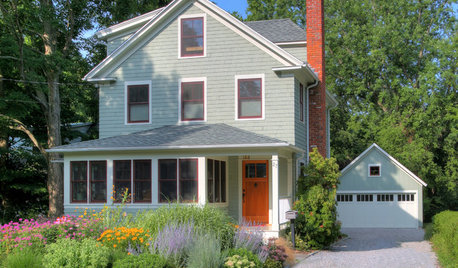
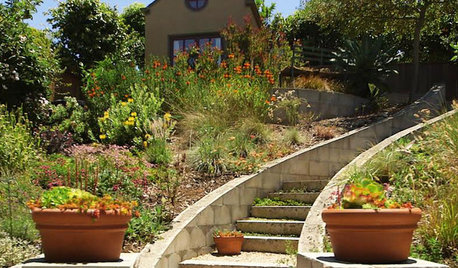

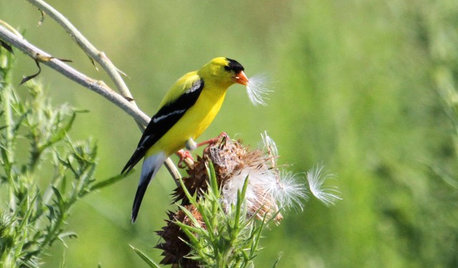
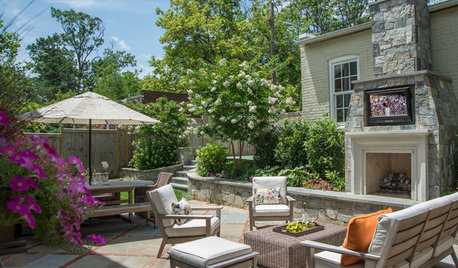
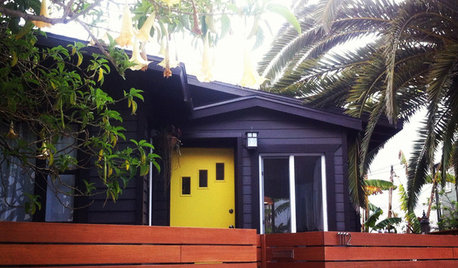
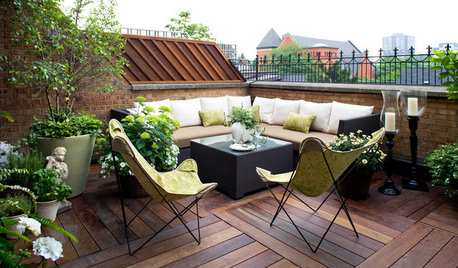




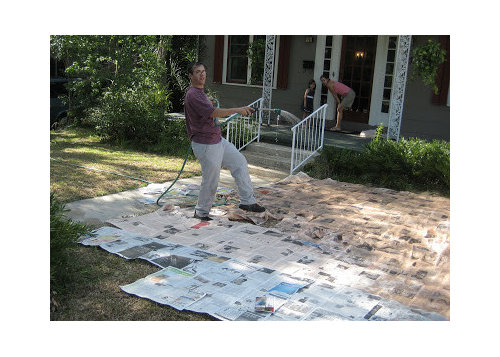


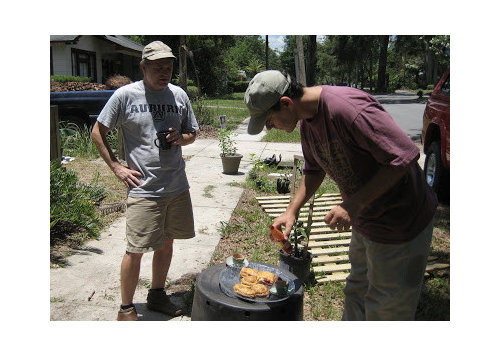

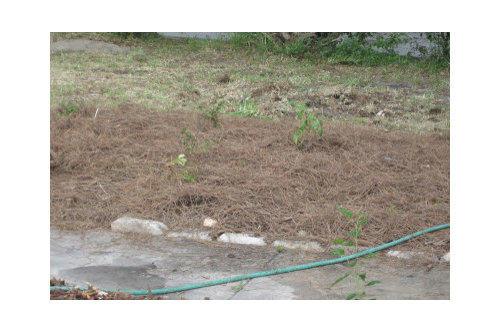
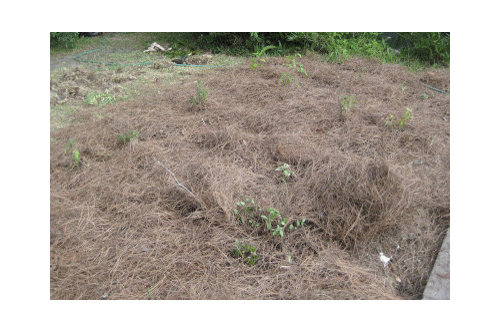
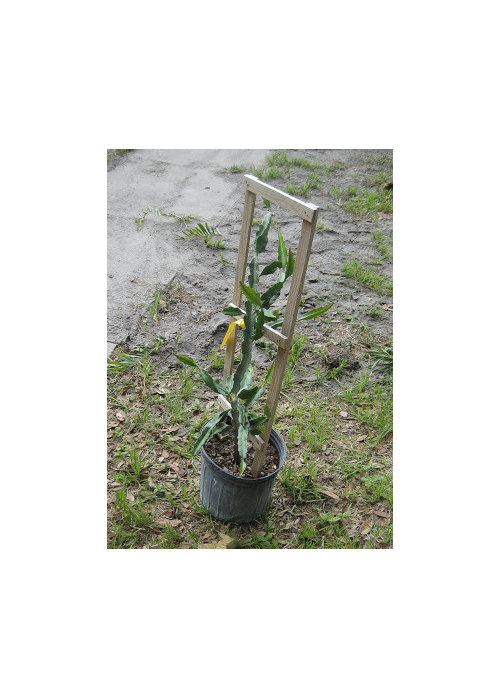
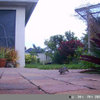
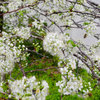
annafl
cindeea
Related Discussions
Small Front Yard design for privacy and interest
Q
Trying to do something new in the yard, hope it works
Q
Did you ever find anything interesting buried in your yard?
Q
More Confusion from Too Much-Too Little Water or Something Else Link
Q
gatormomx2
coffeemom
tannatonk23_fl_z9a
treefrog_fl
danay74
pnbrown
an_ill-mannered_acheOriginal Author
gatormomx2
an_ill-mannered_acheOriginal Author
natives_and_veggies
countrynest
whgille
corar4gw
solstice98
athagan
gatormomx2
nativemel
imatallun